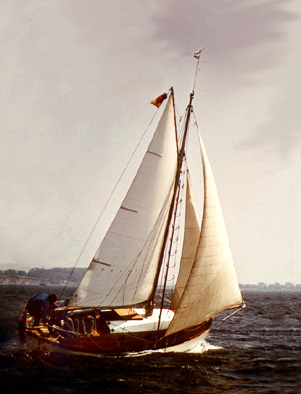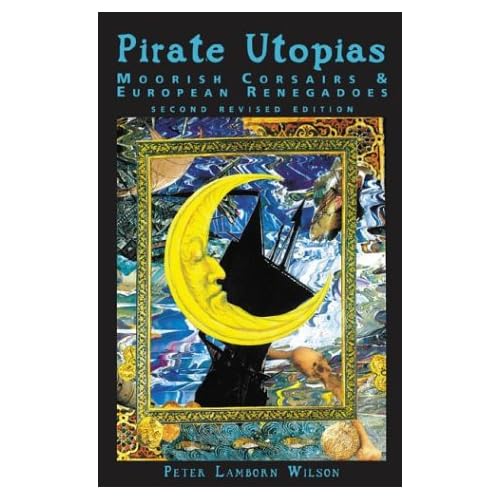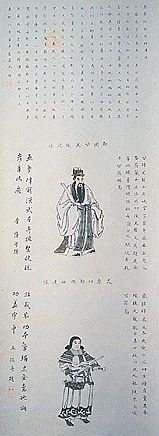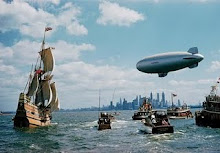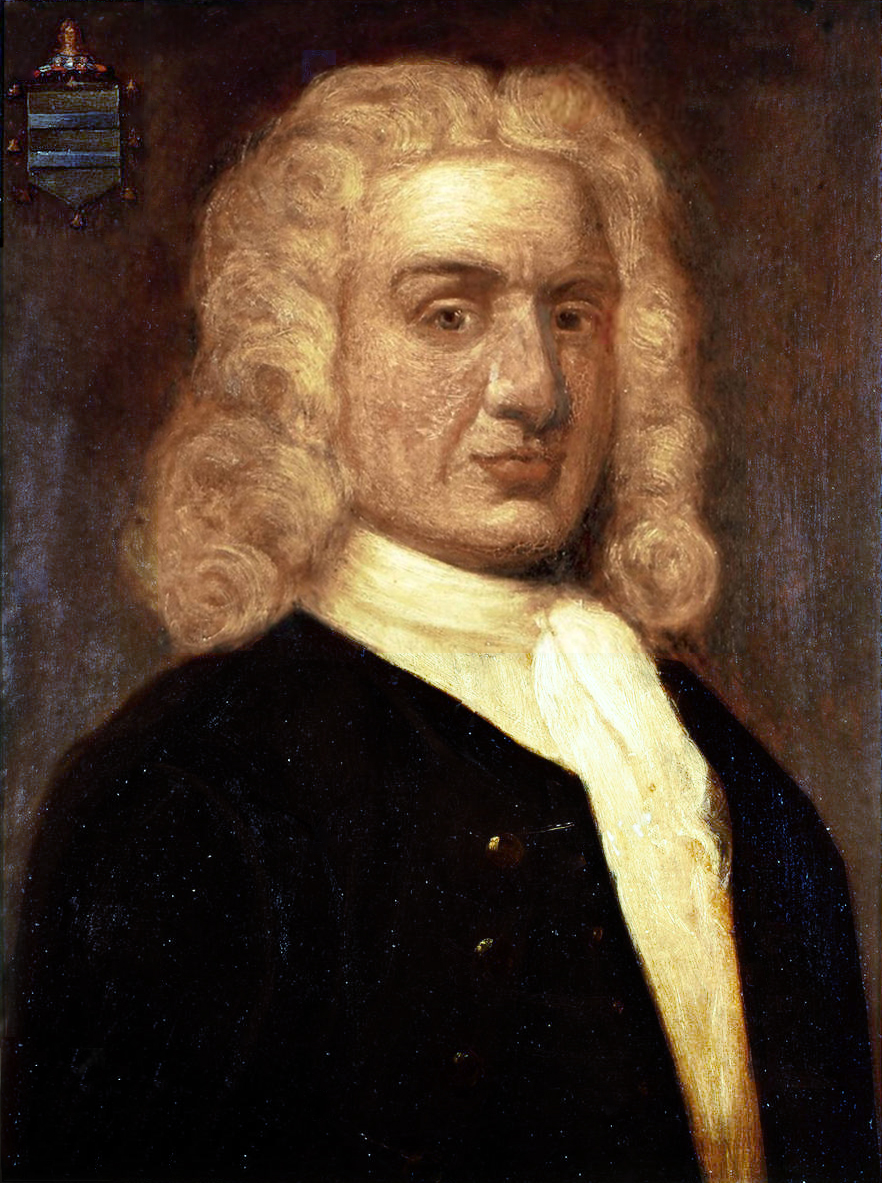
Captain William Kidd was born in Greenock, Scotland in 1645. He moved to New York at the age of 5 and grew up in the bustling, nationally and ethnically diverse colony. He was even an active member of Trinity Church, near modern Wall Street.
He was captured an enemy privateer in the War of Grand Alliance and was given a commission to hunt pirates in the Indian Ocean. His ship Adventure Galley did not begin its voyage with class and polish. When they were exiting the channel in London, where they received their commission, they failed to salute a Navy Ship, instead jeering and slapping their backsides. They were consequently stopped by a larger Royal Navy ship and most of Kidd's crew was pressed
 into naval service.
into naval service.Kidd Sailed for New York City, capturing a French vessel on his way. One thing that sets Kidd apart in history is that his second-in-command was a man named Van-der-Heul who may have been black.
In September of 1696 Kidd finally arrived in Madagascar and began hunting pirates. Kidd however is said to not have been very picky in who he attacked, several times attacking ships carrying goods to England under the protection of the Fleet of the British East India Company. He battled with mutinies and accusations of savagery by former crew members and prisoners alike.
Oh January 30, 1698 he raised French colors and attacked the Armenian Ship the Quedah Merchant a treasure ship laden with silks, gold, silver and east Indian merchandise. When word returned to England that he kept the ship for his crew it was seen as an act of open piracy and the government revoked his marque to privateer. He renamed the Quedah Merchant the Adventure Prize and sailed for New York City.
Kidd was sen
 t to England and tried for piracy. He was hanged on May 23, 1701.
t to England and tried for piracy. He was hanged on May 23, 1701.My name was Captain Kidd, when I sail'd, when I sail'd, And so wickedly I did, God's laws I did forbid, When I sail'd, when I sail'd. I roam'd from sound to sound, And many a ship I found, And then I sunk or burn'd, When I sail'd. I murder'd William Moore, And laid him in his gore, Not many leagues from shore, When I sail'd. Farewell to young and old, All jolly seamen bold, You're welcome to my gold, For I must die, I must die. Farewell to Lunnon town, The pretty girls all round, No pardon can be found, and I must die, I must die, Farewell, for I must die. Then to eternity, in hideous misery, I must lie, I must lie.


